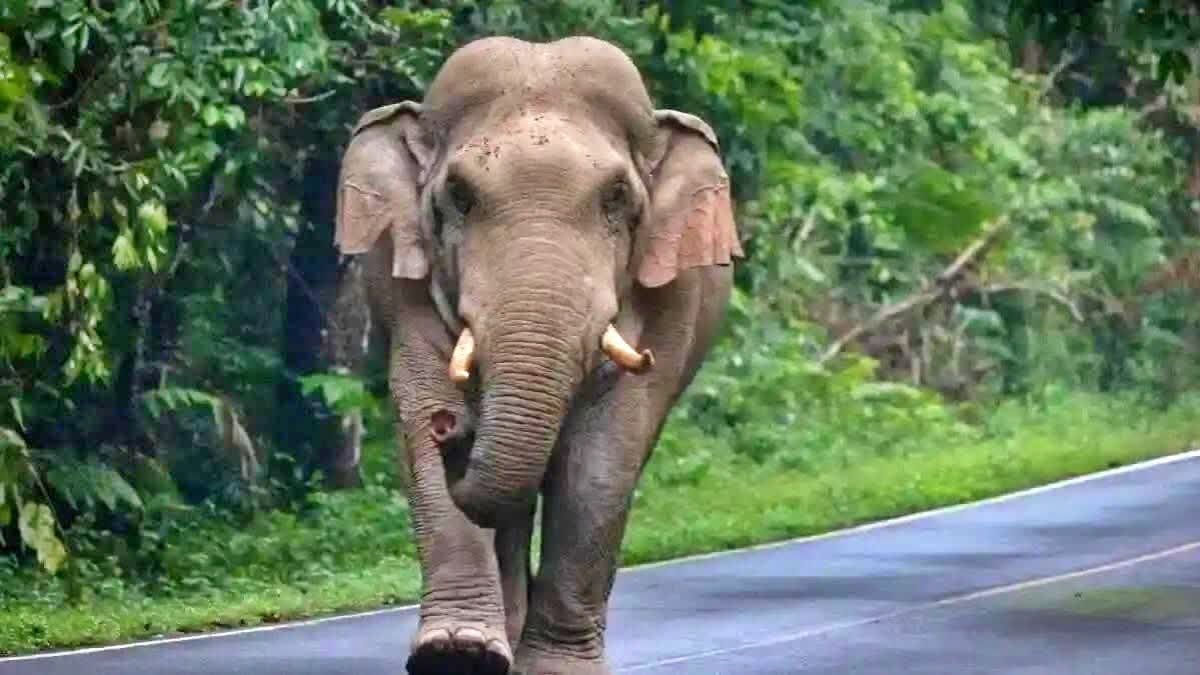Bhopal:Samples collected in connection with the death of 10 elephants in three days in Madhya Pradesh's Bandhavgarh Tiger Reserve are being sent to ICAR-Indian Veterinary Research Institute in Uttar Pradesh and a forensic laboratory in Sagar, officials have said.
Madhya Pradesh Chief Minister Mohan Yadav on Friday chaired a high-level meeting during which the government decided to send a state minister and top forest officials to Umaria to probe the elephant deaths, they said.
Meanwhile, a senior veterinarian linked to the probe cited staffers at the reserve and said the elephants fell to the ground and shivered before dying. On Tuesday, four wild elephants were found dead in Sankhani and Bakeli under Khitoli range of the Bandhavgarh Tiger Reserve (BTR), while four died on Wednesday and two on Thursday.
Talking to PTI on Friday over phone from the BTR, Additional Principal Chief Conservator of Forest (Wildlife) L Krishnamoorthy said, "We are sending all the samples we have collected from the field and also organs, like viscera, liver, kidney, etc to the IVRI in Izatnagar in UP's Bareilly as well as the MP forensic laboratory in Sagar."
He heads the five-member committee appointed by the state government to probe the death of the tuskers in Bandhavgarh, which is spread across Umaria and Katni districts in eastern Madhya Pradesh.
Krishnamoorthy had earlier said samples (viscera) of the elephants were sent to Jabalpur-based School of Wildlife Forensic and Health (SWFH) to find out toxins, if any, and the cause of death.
He was responding to a query on whether the elephants had consumed poisonous pesticides sprayed in the field. "Only after the reports come in we can arrive at a conclusion on the cause of the death. Post mortem reports suspect it could be due to Kodo millets," MP Principal Chief Conservator of Forest (PCCF-Wildlife) VKN Ambade told PTI.
Citing staffers at the BTR, a senior veterinarian said the pachyderms fell to the ground and shivered before dying. A ground duty officer said the forest department has identified six farmers from whose field the jumbos ate kodo millets, adding reports will clarify if any pesticide was mixed or sprayed on the crop.
